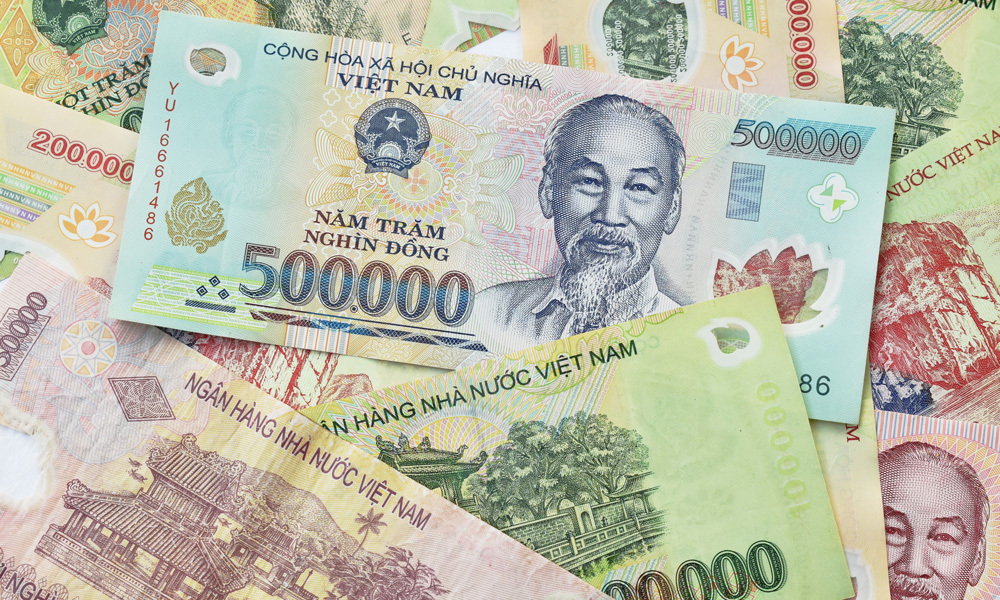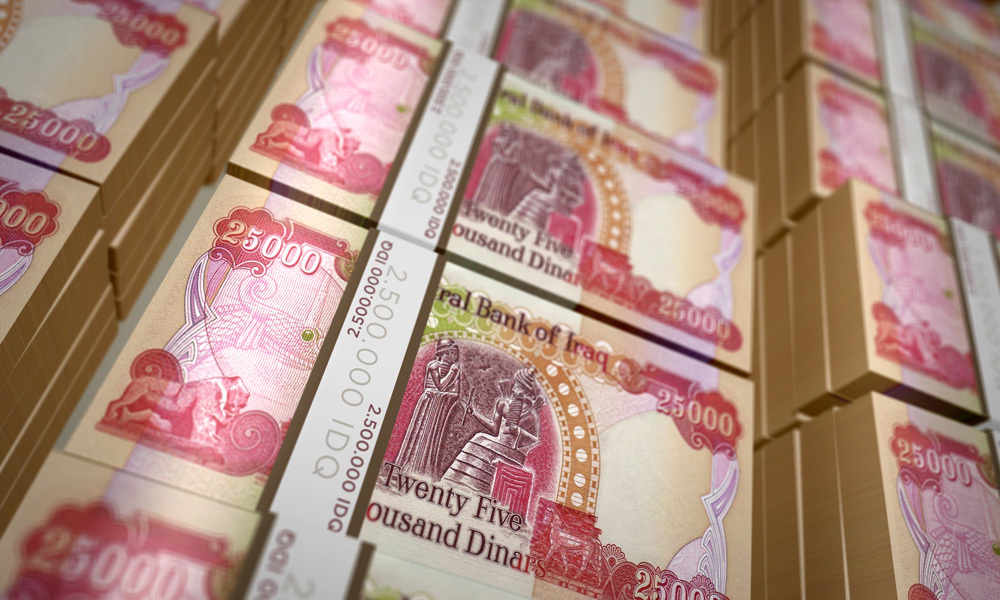We’ve told you a lot about the joys of coin collecting—it’s a truly delightful hobby that has brought pleasure (and profit) to countless people for hundreds of years. We hope you’ve taken our advice and given it a try.
But like collecting anything that involves potentially valuable items, there are some things you need to avoid doing so as not to lower their value. So here is our list of coin collecting no-no’s.
Don’t Handle Coins Carelessly
Your hands are coated with oils, and those oils can cling to a coin’s surface, gradually eating away at it. Even when sorting through a pile of unsearched coins, use clean cotton gloves designed for the purpose. Or at least only handle them by the edges and don’t let them rub against one another. You don’t know what’s in that roll or bag, so don’t take a chance.
Never “Clean” Your Coins
Vintage coins acquire a patina that adds to their value. Trying to remove it, even gently, can reduce a coin’s value by half or more. Yes, coins can harbor germs, but you’re not going to touch them with your bare hands anyway, are you? It’s no different than washing a Renaissance tapestry or refinishing a Louis XIV chair. Hardly anything collectible is made better by cleaning it. If you’ve handled a bunch of coins barehanded, wash your hands, not the coins. If a valuable coin has sticky residue or excessive foreign material on it, there may be ways to clean it carefully, but these should only be attempted in extreme cases and only by experts. Not by you.
Store Your Coins Carefully
Improper storage can drastically lower the value of a coin. Even a slight scuff or abrasion can drop a coin’s grade several points, so protecting them from damage is critical. Store your valuable coins individually in acid-free and PVC-free containers available at coin shops or online. Some cheap paper, cardboard and plastic holders give off chemicals that will attack a coin’s surface. Environment is a consideration, too. Store your coins in a cool, dry, dark place. Heat, humidity, and light can all degrade a coin, just like they do paint and drapery.
Don’t Remove Coins from Holders
Unless you receive the coin in a holder you think contains chemicals that will attack it, leave it in the holder in came in. This is especially true of graded coins from certified appraisers. They are returned in holders that are safe and often have other valuable information in or on them.
Don’t Risk Defacing Your Coins
While it may be tempting to make a piece of jewelry or art out of a coin, this will almost always degrade it. Adhesive, soldered or crimped edges are a sure-fire way to ruin a coin’s value. If you want to use a coin artistically, choose a coin with no collectible value, such a bullion coin, a common commemorative, or a common circulated coin. Proof, mint set, and many commemorative coins have collectible value, as well, so hands off them, too.
Don’t Collect for Profit Only
Sure, the value of collectible coins goes up, but it comes down, too. The coin market is affected by many things and can be fickle as a passing fancy, so go into collecting because you enjoy it and the knowledge it brings. Over time, your collection will likely grow in value, maybe even a lot, but in the meantime, it needs to bring you joy.


